Electric Subaru, Bolt EV range test, Hummer EV off-road, Toyota electric plans: The Week in Reverse
Which companies announced plans to make a $30,000 EV in the U.S.?
What European automaker says it sees a potential upside in battery-swapping tech?
This is our look back at the Week In Reverse—right here at Green Car Reports—for the week ending May 14, 2021.
Anticipation continues to build about the electric pickups that are due to arrive later this year and next year. Ford has set May 19 as the date for the reveal of its fully electric 2022 F-150 Lightning. Ahead of a national tour just before first deliveries start in June, Rivian provided some next-step details about cargo, towing, and more on its R1T electric pickup. And GM CEO Mary Barra earlier this month revealed that the Chevy Silverado EV will be more of a mass-market model than the GMC Hummer EV—and, based on hints, much more affordable.
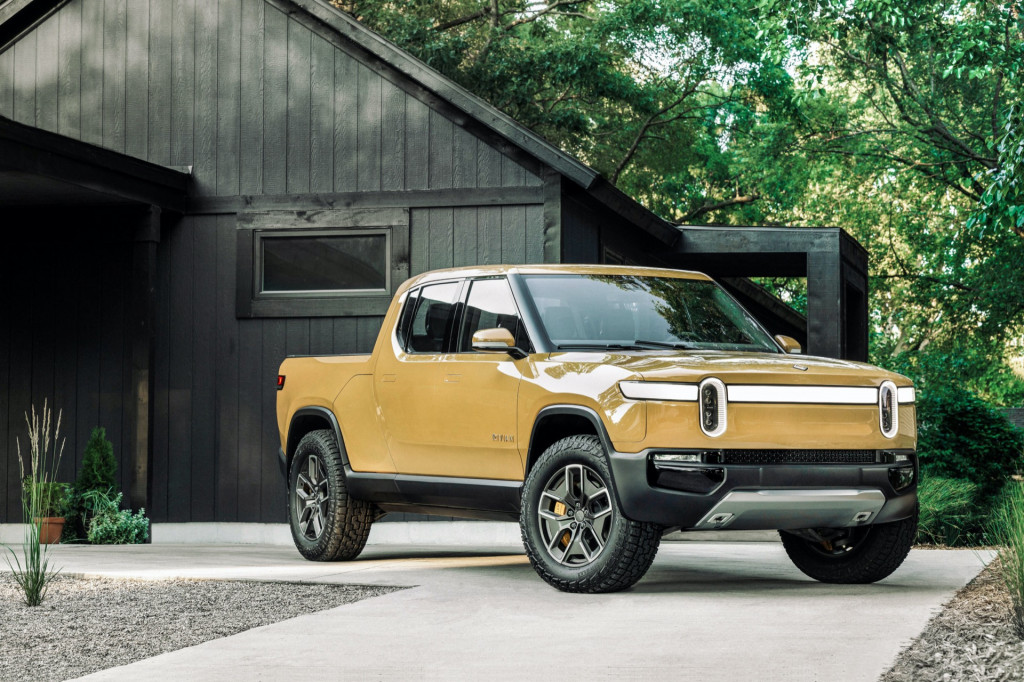
Rivian R1T
Range remains a top priority for EV shoppers. So we looked at how range varies between city and highway conditions in the 2021 Nissan Leaf Plus, and a highway range test in the 2020 Chevy Bolt EV reminded us what a difference the wind can make.
Meanwhile, the 2022 Chevrolet Bolt EV and EUV were given EPA ratings for range and efficiency—and that included a rating for the EUV of 247 miles. And the 2022 Mini Cooper SE electric car gets a few more miles of EPA driving range than the 2021 model. And as Mini told us, it’s just a matter of testing.
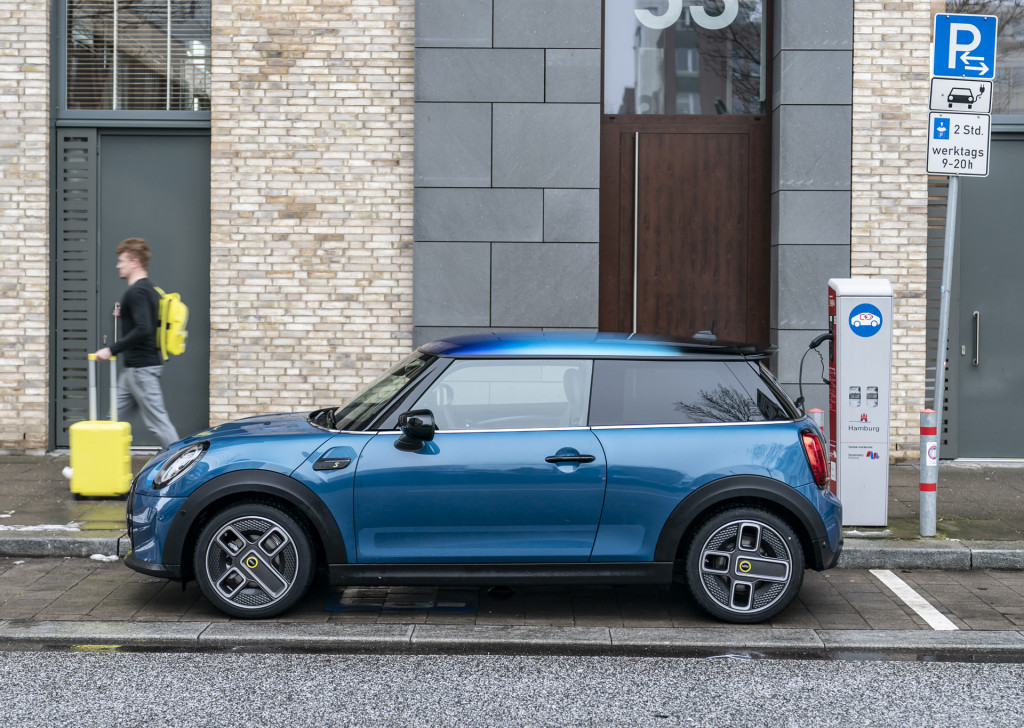
2022 Mini Cooper SE
GM also teased its suite of GMC Hummer EV off-road capabilities with Terrain Mode, Extract Mode, and an off-road-focused one-pedal driving mode. And GM has an official materials recycler for its upcoming Ultium battery systems that will debut in the Hummer EV: Canada’s Li-Cycle. The recovery starts with a process that will recover up to 100% of the scrap from cell manufacturing.
News continued to roll in about new EVs from established brands. The fully electric version of the Porsche Macan, the performance brand’s top-selling model, is due in 2023. But the brand plans to keep making the ICE model for several years, it again confirmed this week. And the first battery electric Subaru for the U.S. has a name: Solterra. To see what the Solterra looks like, you need only look at the recently shown Toyota bZ4X concept.
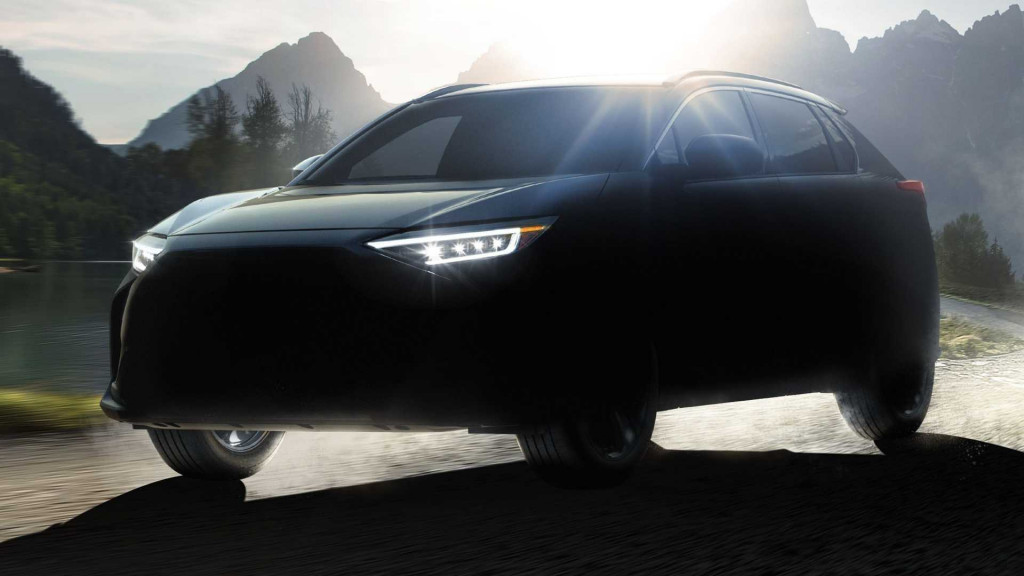
Teaser for Subaru Solterra electric crossover due in mid-2022
The maker of the iPhone, Foxconn, has signed an agreement with Fisker to develop a $30,000 electric vehicle that will be made in the U.S. Hyundai also announced that it will build electric cars in the U.S. starting in 2022, and although the $7,4 billion investment speaks to the magnitude of those plans it didn’t yet have a what or where.
Canada’s Lion Electric announced what is claimed to be the largest plant in the U.S. for making electric school buses and commercial trucks in the Chicago area.
Minnesota is shaping up to be the first state in the Midwest to adopt California emissions rules—including its EV mandate and recently announced targets to keep gas tanks and engines out of 80% of all new vehicles by 2035.
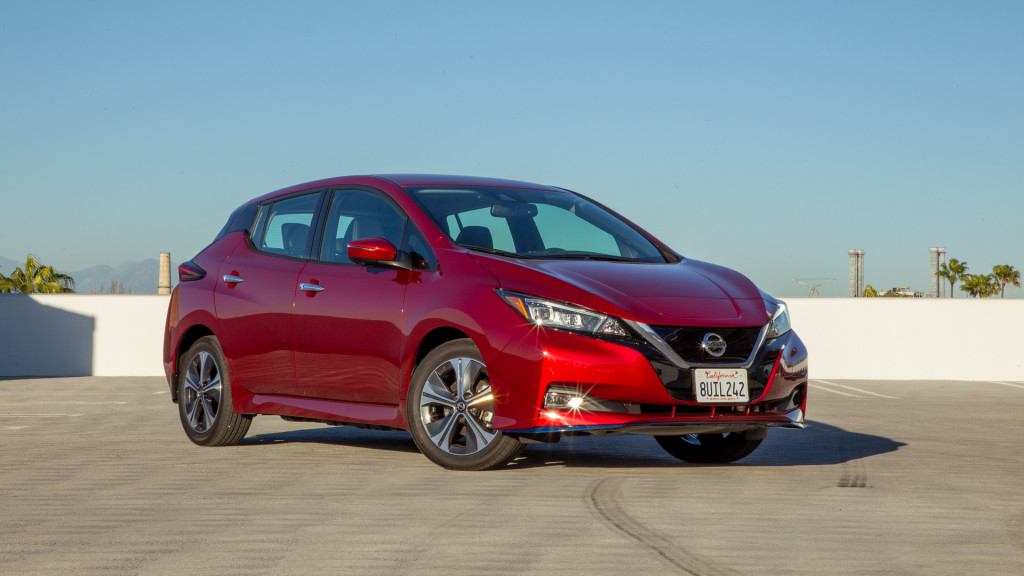
2021 Nissan Leaf SL Plus
Nissan is helping highlight the flexibility that EV drivers have if they need a gasoline model just a few days a year, with a limited-time Turo perk for Leaf buyers.
Renault has abandoned battery swapping in the past, but its CEO recognizes that reviving the tech might still have a “potential upside.”
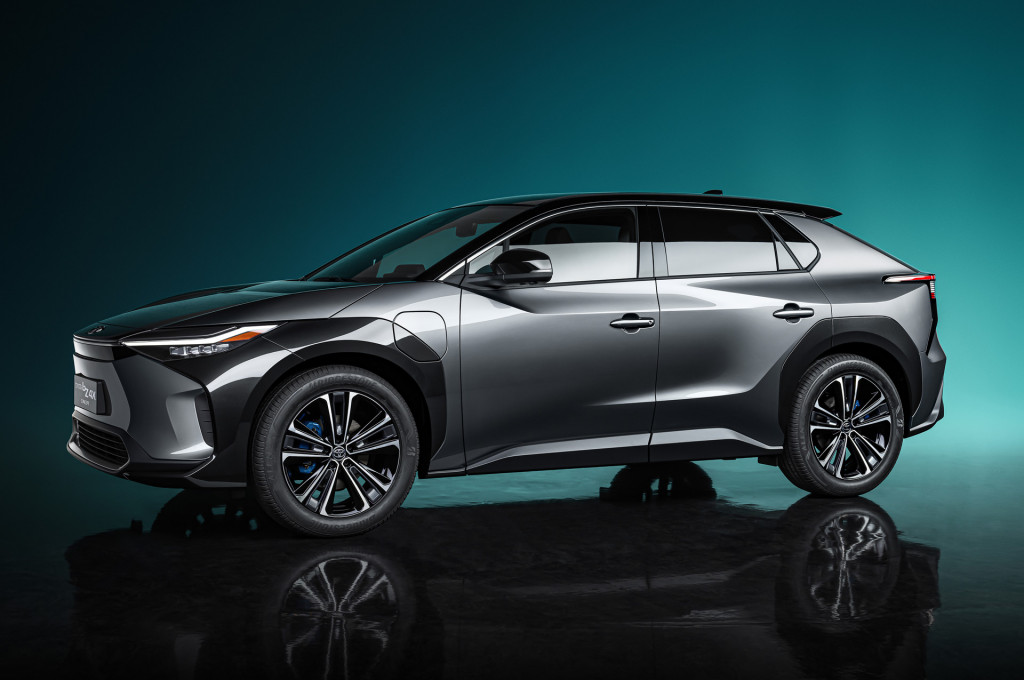
Toyota BZ4X concept – 2021 Shanghai auto show
And finally, not everyone is thinking big about electric cars. Toyota isn’t sounding very bullish on EVs at all, based on details released this week. It sees electrified vehicles making up 70% of its sales by 2030, with just 15% of sales made up of battery electric and fuel-cell models.
_______________________________________

